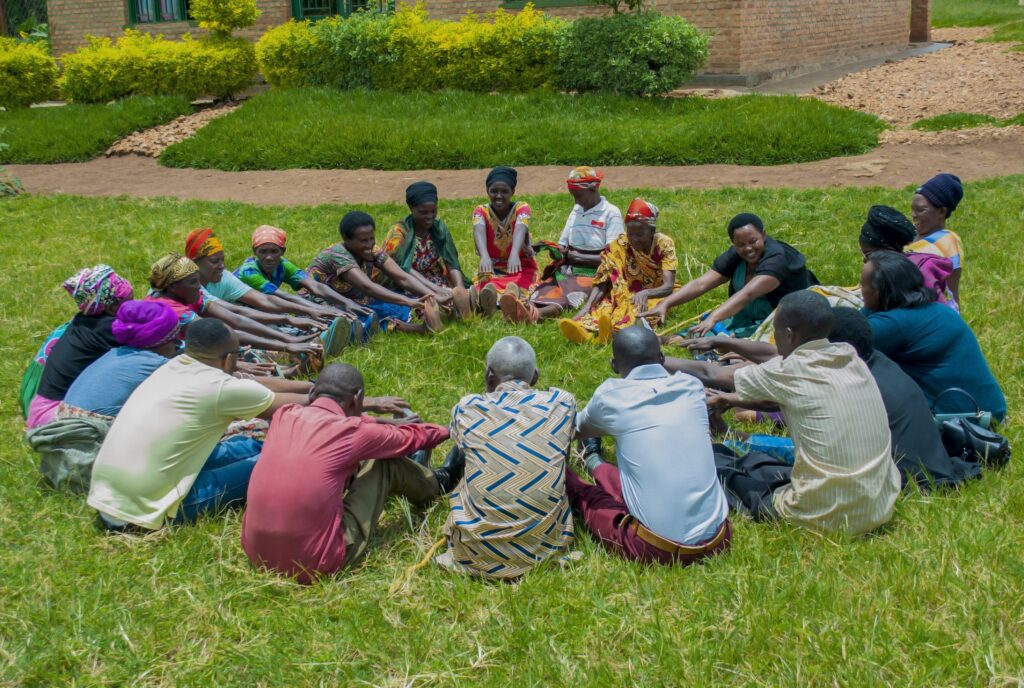
A guest post from Rebecca Tinsley, Founder of Network for Africa
There are some things that time does not heal
Dear Supporters,
This may be familiar to a few people reading this newsletter: you had a relative who returned from military service. They never wanted to talk about what they saw when they were at war. When others reminisced, they sat in silence, nursing a glass of whisky. Perhaps they were interned in a prisoner of war camp. Thirty years after they came home, they were still self-medicating, barely holding their life together. Or one day, decades after their war-time experiences, and without a word to those who loved them, took their own lives.
Our counselling project for survivors of the 1994 Genocide against the Tutsi in Rwanda
Time does not necessarily heal some psychological wounds. At Network for Africa, we and our Rwandan partners, Survivors Fund (SURF), have directed much of our energy and resources to helping genocide orphans. We are proud of our success in supporting survivors as they learn to manage their post-traumatic stress. Young lives can be transformed when people have the tools to cope with flashbacks and memories.
However, thirty years after the 100 days of slaughter in Rwanda, emotions are still raw, even if people don’t necessarily talk about their feelings. Now, we are reaching out to the older generation who have been in survival mode for three decades, caring for younger vulnerable members of their family. People are stepping forward, asking for counselling, after seeing how much our work has helped their children or other younger people they know.
Here is the testimony of one older survivor:
I lost my wife and 8 children during the genocide against the Tutsi in 1994. In 2015, I remarried, but my wife never had peace of mind because I did not want to talk to her most of the time. I used to be angry with her as if she were the one who killed my family. We had not received any counselling support from any organization.
Then, he began to attend our counselling sessions. He reflects on the change it has made to his marriage:
This is the first time we are having such a wonderful discussion. This is the fourth time we are meeting [attending counselling], but a lot has changed in our minds and behaviour. I have started being nice to my wife and always have good discussions, which had not happened before. We believe that by the end of the year, we will see changes.
Thank you for enabling us to continue our work with genocide survivors of all ages. It seems it is never too late to start learning the tools to manage terrible memories when they emerge. To continue helping us, please visit our website (link below). Thank you.
Rebecca Tinsley
Founder, Network for Africa
REMEMBER, UNITE, RENEW (KWIBUKA30)
HELP MAKE A DIFFERENCE TODAY BY DONATING TO OUR CAUSE.
